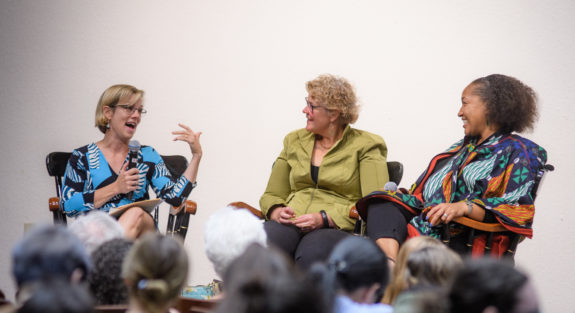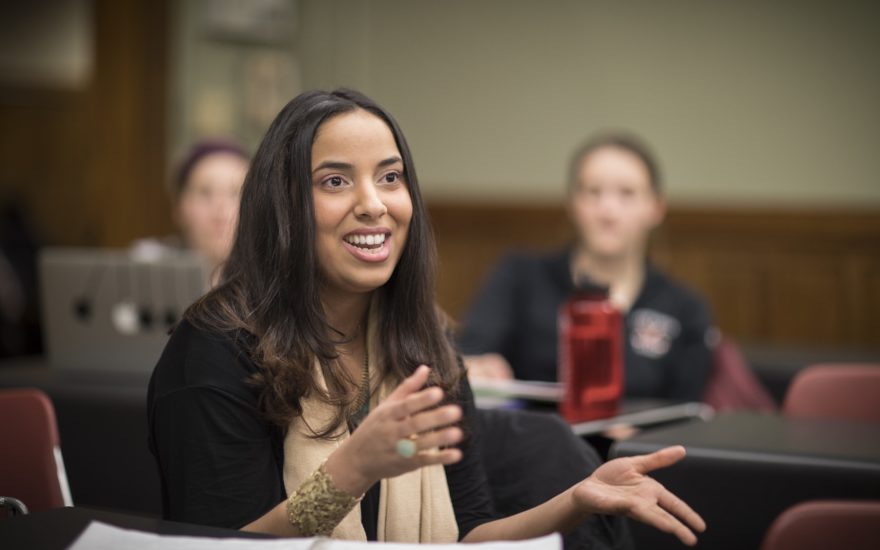
The health effects of social forces
Professor Ellen Foley is a medical anthropologist whose research focuses on the ways that intertwined global, national, and local social forces shape vulnerability to disease, health status, and access to medical care, particularly in sub-Saharan Africa.
Clark brings unconventional thinking to longstanding problems. Our students become resilient problem solvers who come up with solutions you won’t find elsewhere – speaking with donors, working hands-on with affected populations, organizing supply chains.


